The 20th century saw dramatic changes and upheavals worldwide. During this period, key political leaders emerged, each leaving a lasting impact on their countries and the world. These leaders shaped global politics, economics, and social structures, influencing the course of history in profound ways. Their legacies, marked by both triumphs and controversies, continue to resonate today. This article highlights some of these influential figures and their significant contributions to history.
Winston Churchill

Winston Churchill, the iconic British Prime Minister, led the United Kingdom during World War II. Known for his unwavering resolve and inspirational speeches, he galvanized the British people during their darkest hours. Churchill’s leadership was crucial in the Allied victory against Nazi Germany. His legacy includes his role in the early stages of the Cold War and his advocacy for European unity. Churchill’s post-war speeches and writings warned of the growing Soviet threat, shaping Western foreign policy for decades.
Franklin D. Roosevelt
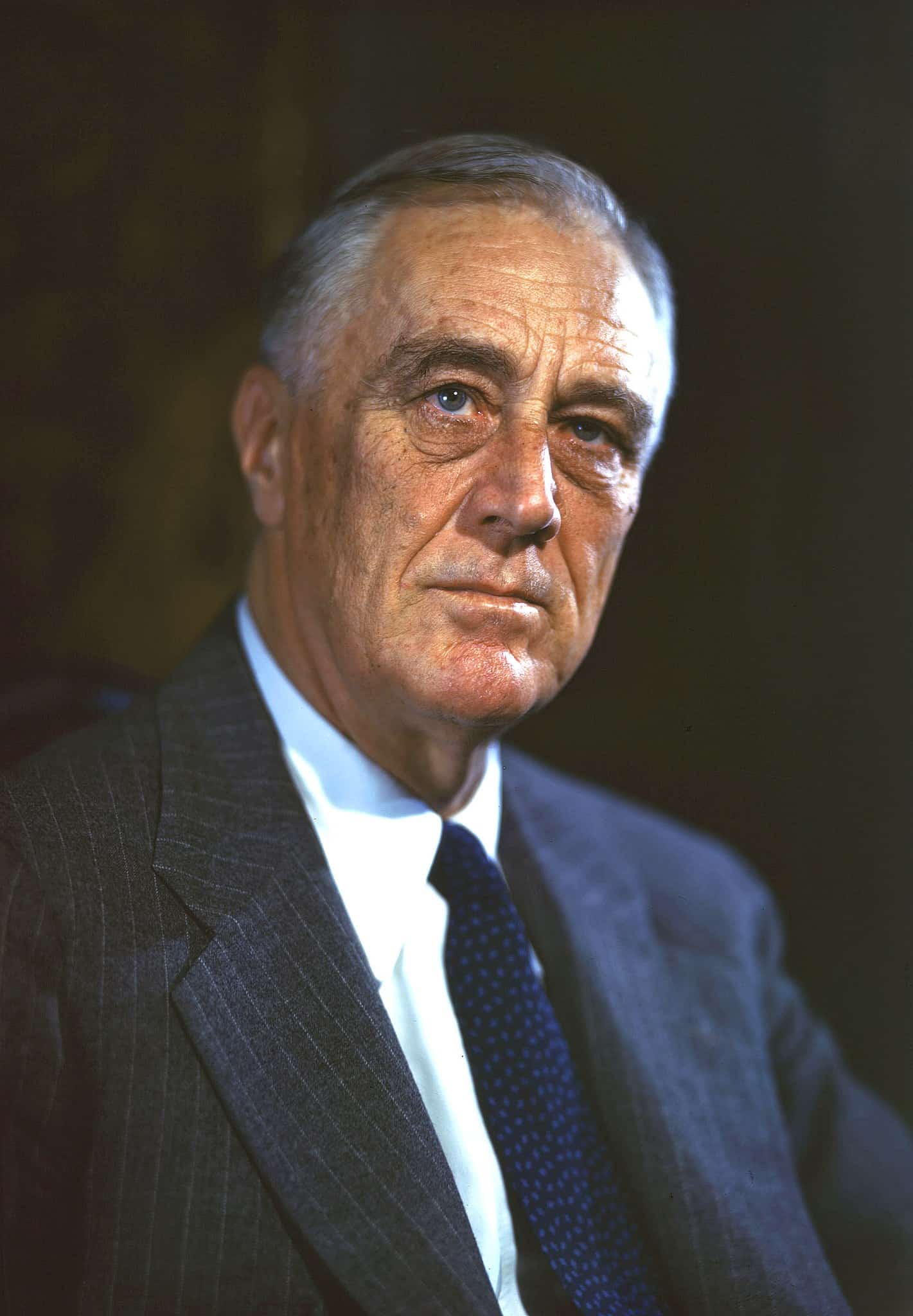
Franklin D. Roosevelt served as the President of the United States, guiding the country through the Great Depression and most of World War II. He is remembered for his New Deal policies, which transformed American society with programs that provided relief, recovery, and reform. Roosevelt’s innovative economic and social programs helped shape the modern American state. His leadership during WWII established the US as a global power and shaped the modern world order. Roosevelt also played a key role in founding the United Nations, aiming to foster international cooperation and prevent future conflicts.
Joseph Stalin
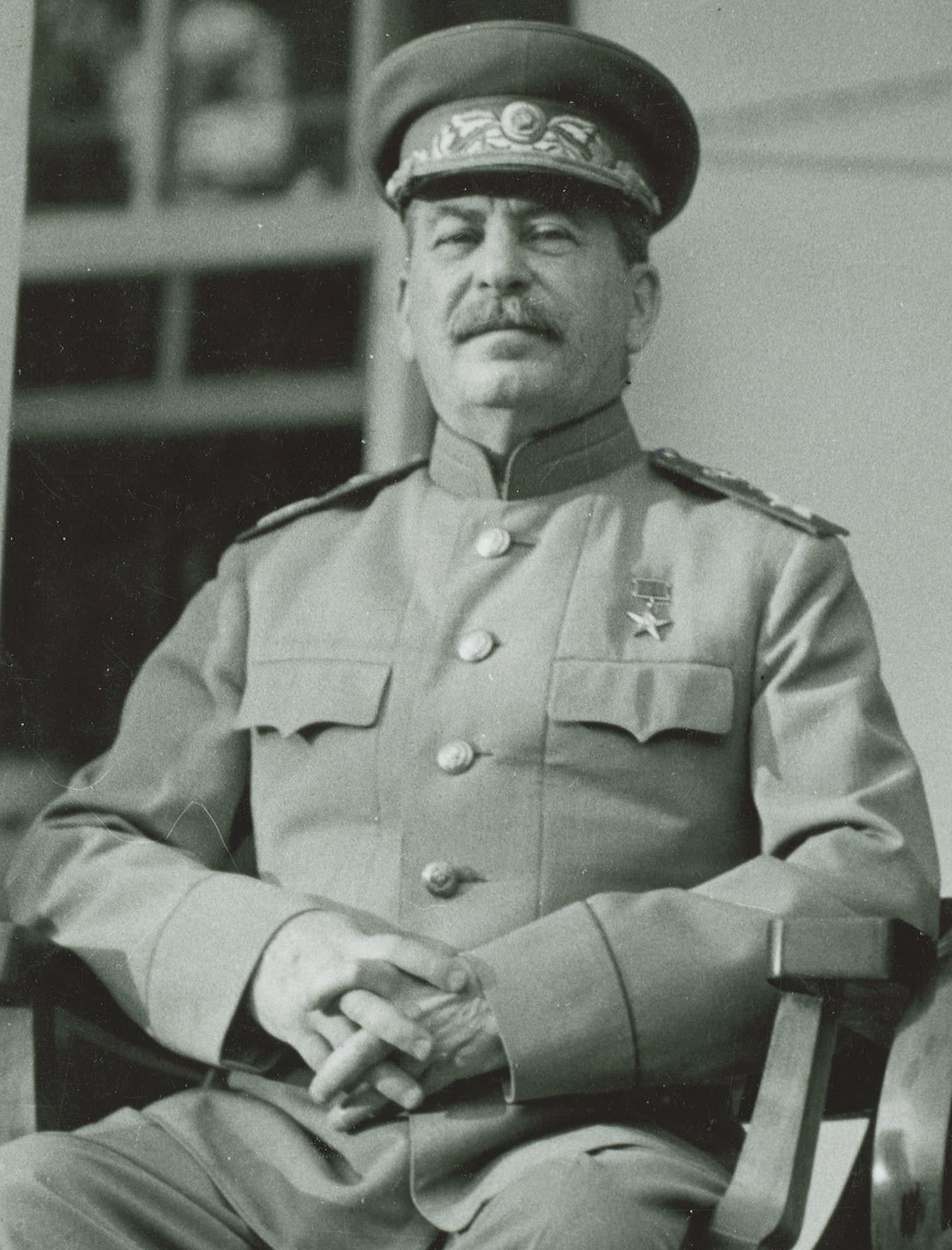
Joseph Stalin was the General Secretary of the Communist Party of the Soviet Union and played a pivotal role in the country’s industrialization and wartime efforts. His policies turned the Soviet Union into a major world power. Stalin’s rule, marked by extensive purges, forced labor camps, and political repression, left a complex and often controversial legacy. His influence extended far beyond the Soviet Union, impacting global politics for decades. Under Stalin, the Soviet Union played a critical role in the defeat of Nazi Germany, and he established the Eastern Bloc, shaping the Cold War dynamics.
Mao Zedong
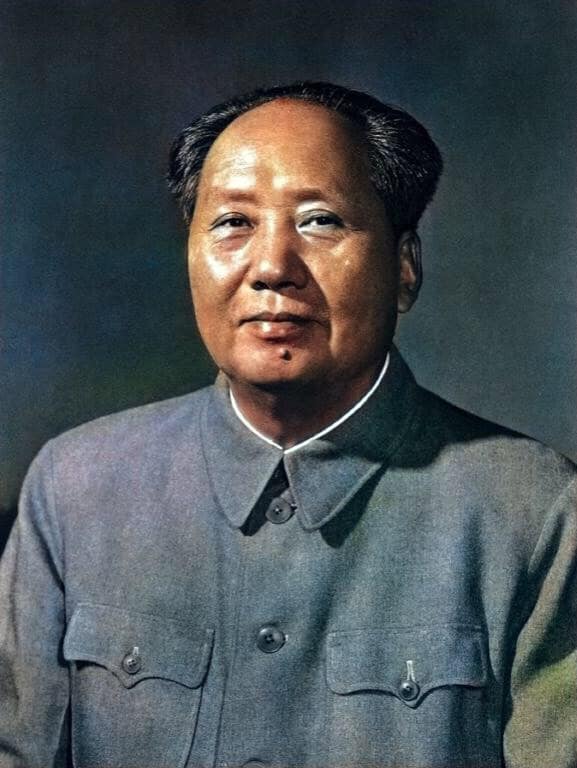
Mao Zedong founded the People’s Republic of China and led it as Chairman. His leadership radically transformed China through socialist reforms and revolutionary zeal. Mao’s Cultural Revolution and Great Leap Forward had profound impacts on Chinese society, often with devastating consequences, such as widespread famine and social upheaval. Despite the controversies, he remains a central figure in Chinese history, symbolizing the country’s revolutionary spirit. Mao’s ideas, encapsulated in the “Little Red Book,” continue to influence communist movements worldwide.
Adolf Hitler
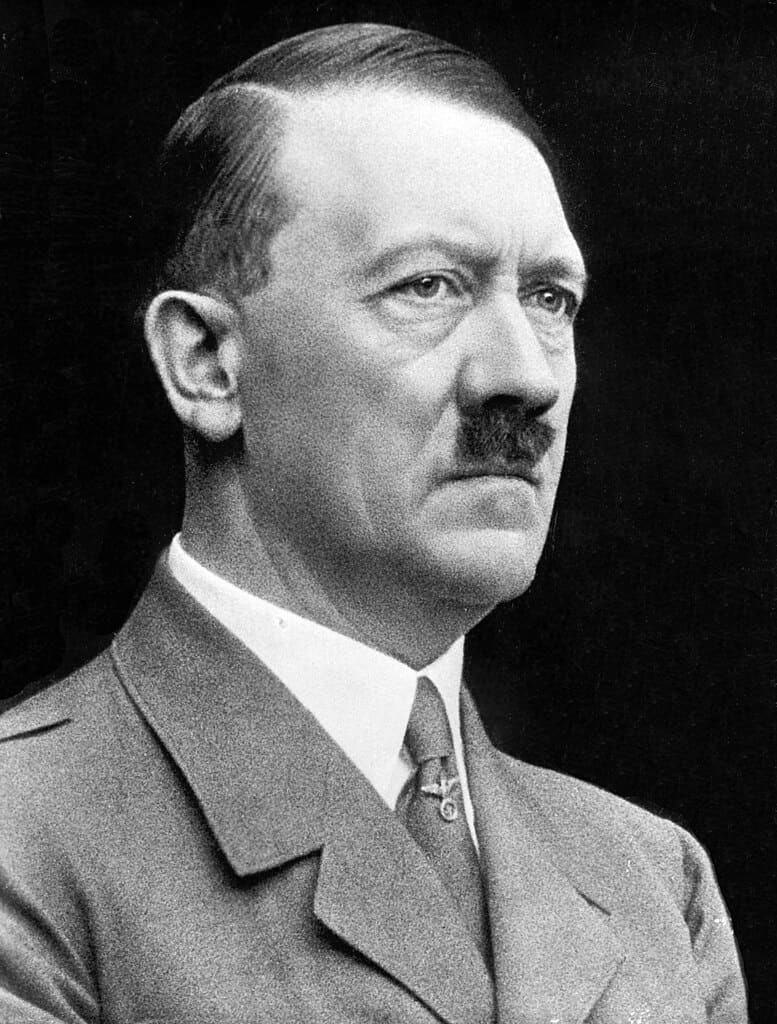
Adolf Hitler, as the Führer of Nazi Germany, initiated World War II and orchestrated the Holocaust. His aggressive expansionism and genocidal policies changed the course of history. Hitler’s actions led to unprecedented destruction and loss of life, shaping the 20th century in profound ways. His totalitarian regime has left an enduring mark on world history and continues to be a subject of extensive study and reflection. Hitler’s ideology of Aryan supremacy and his propaganda techniques have had a lasting impact on the world, serving as a grim reminder of the dangers of totalitarianism and racism.
Mohandas Gandhi
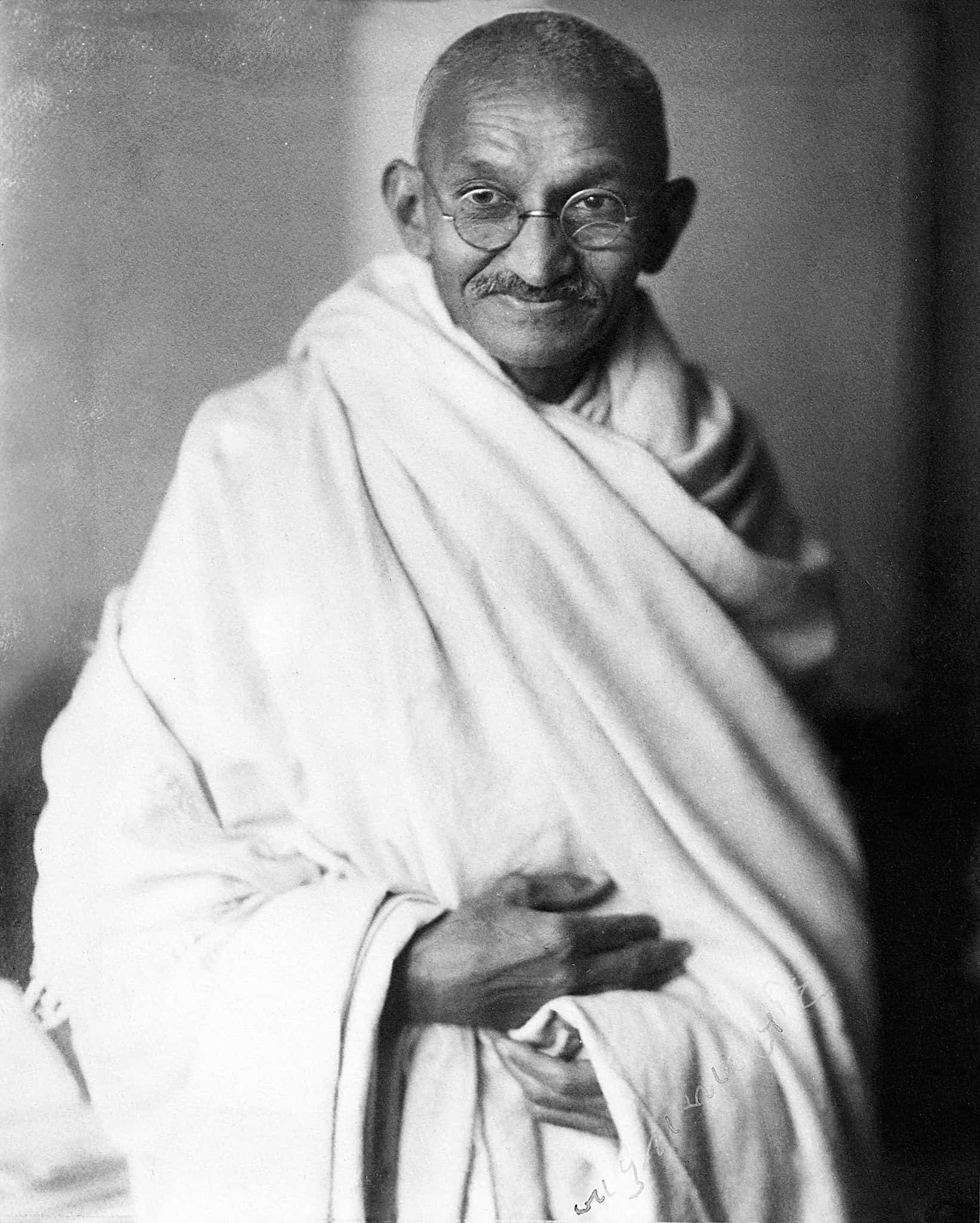
Mohandas Gandhi was the leader of the Indian independence movement and championed nonviolent resistance against British colonial rule. His philosophy of nonviolence inspired civil rights movements around the world. Gandhi’s efforts culminated in India’s independence in 1947. His methods and ideals continue to influence global movements for justice and peace. Gandhi also emphasized self-reliance and rural development, promoting the spinning wheel as a symbol of resistance to industrial exploitation.
Nelson Mandela

Nelson Mandela, South Africa’s first black president, led the fight against apartheid. His presidency marked the end of institutionalized racial segregation in South Africa. Mandela became a global symbol of the struggle for racial equality and justice. His legacy continues to inspire movements for human rights and social justice worldwide, making him one of the most respected leaders of the 20th century. Mandela’s efforts to promote reconciliation and forgiveness helped to heal a nation deeply divided by decades of racial oppression.
Vladimir Lenin
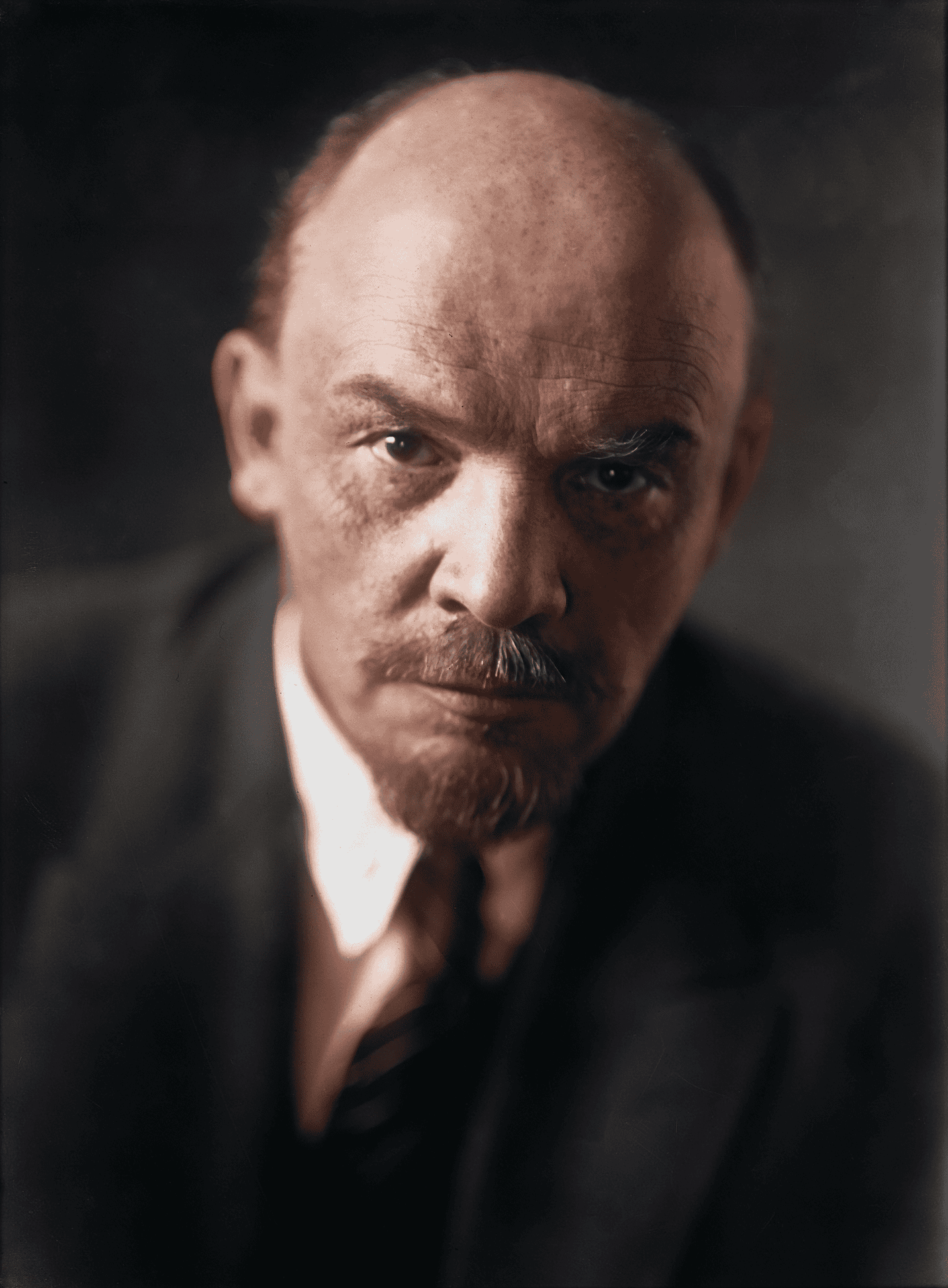
Vladimir Lenin was the leader of the Bolshevik Revolution and the head of the Soviet state, playing a pivotal role in establishing the Soviet Union. He was from Russia and served as the leader of the Bolshevik Party and the head of the Soviet state, starting in 1917. Lenin’s leadership transformed Russia into a communist state, implementing policies that shaped global communism and influencing political movements worldwide. Lenin’s New Economic Policy (NEP) helped recover the war-torn economy, and his legacy remains deeply impactful in Russian and global history.
Margaret Thatcher
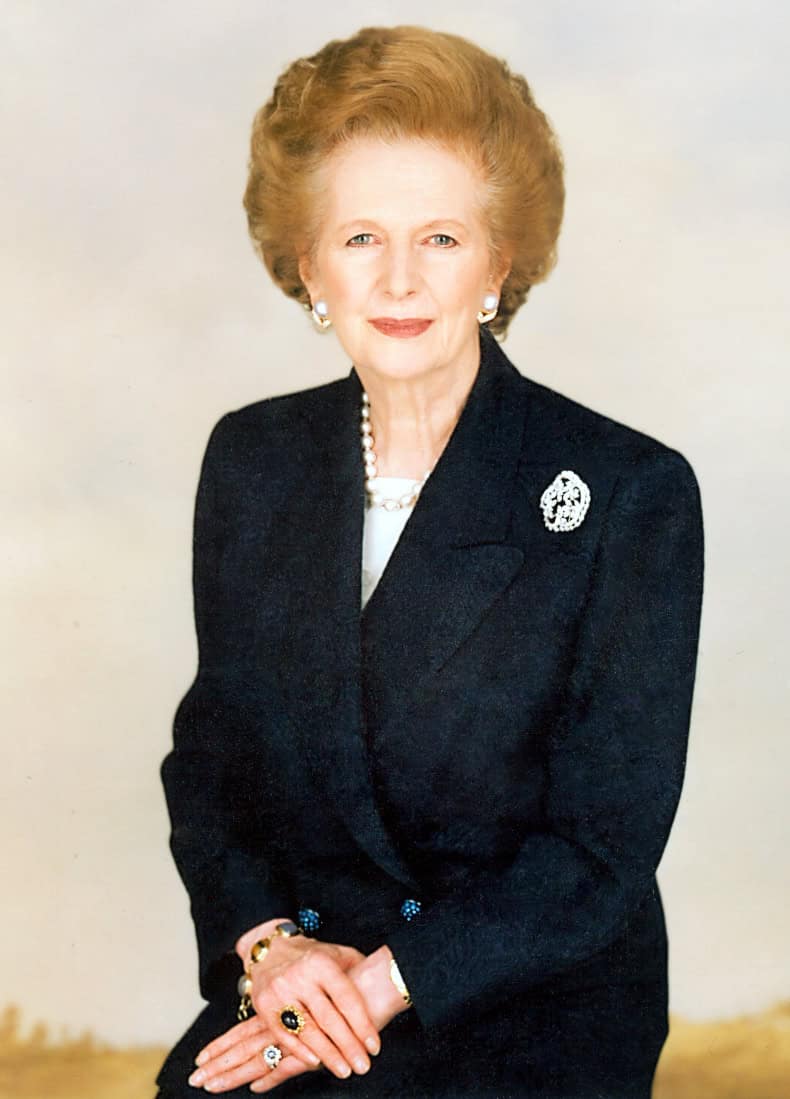
Margaret Thatcher was the first female Prime Minister of the United Kingdom, known as the “Iron Lady” for her strong leadership. Hailing from the United Kingdom, she began her term as Prime Minister in 1979. Thatcher implemented conservative economic policies, known as Thatcherism, which emphasized deregulation, privatization, and reducing the power of trade unions, reshaping the British economy. Thatcher strengthened the UK’s position on the global stage, and her leadership style, both decisive and controversial, left a lasting mark on British politics.
John F. Kennedy
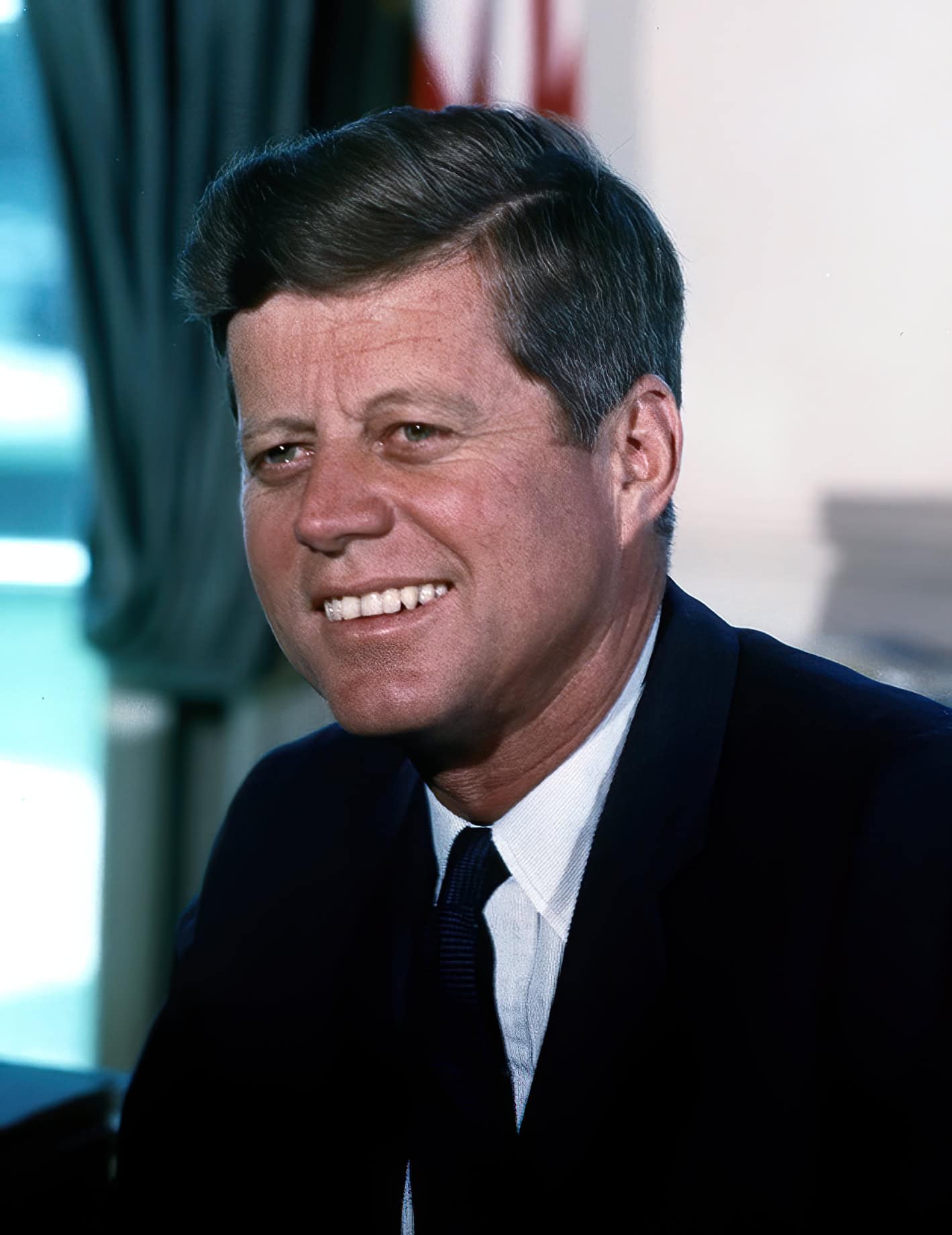
John F. Kennedy was the 35th President of the United States, renowned for his inspirational speeches and vision for America. He was from the United States and began his presidency in 1961. Kennedy led the US during the Cuban Missile Crisis and was a strong advocate for civil rights and space exploration. His presidency, which ended abruptly due to his assassination in 1963, continues to inspire many. Kennedy’s legacy of leadership and his call to public service remain influential in American culture and politics.
Mikhail Gorbachev
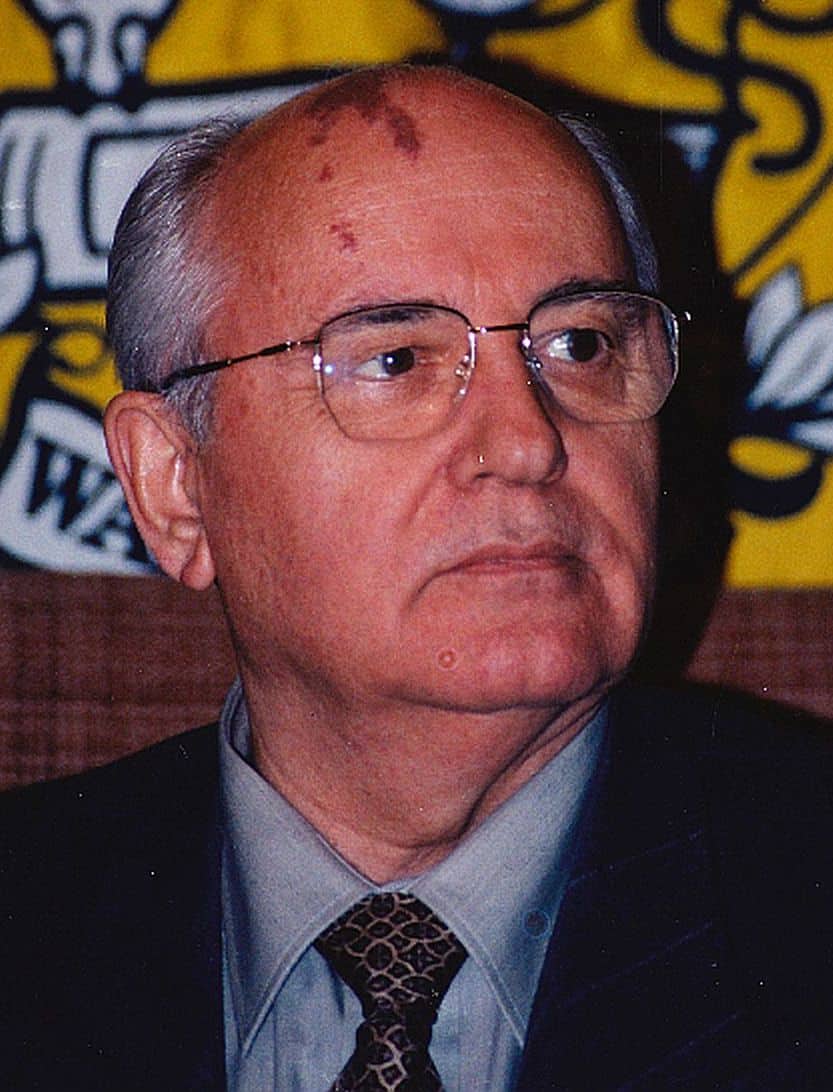
Mikhail Gorbachev was the last leader of the Soviet Union, known for introducing significant reforms that led to the end of the Cold War. Originating from the Soviet Union, he became General Secretary of the Communist Party in 1985. Gorbachev’s policies of glasnost (openness) and perestroika (restructuring) transformed Soviet society and played a key role in the dissolution of the Soviet Union. He won the Nobel Peace Prize in 1990, and his reforms had a profound impact on global politics, marking a pivotal shift in world history.
Mustafa Kemal Atatürk
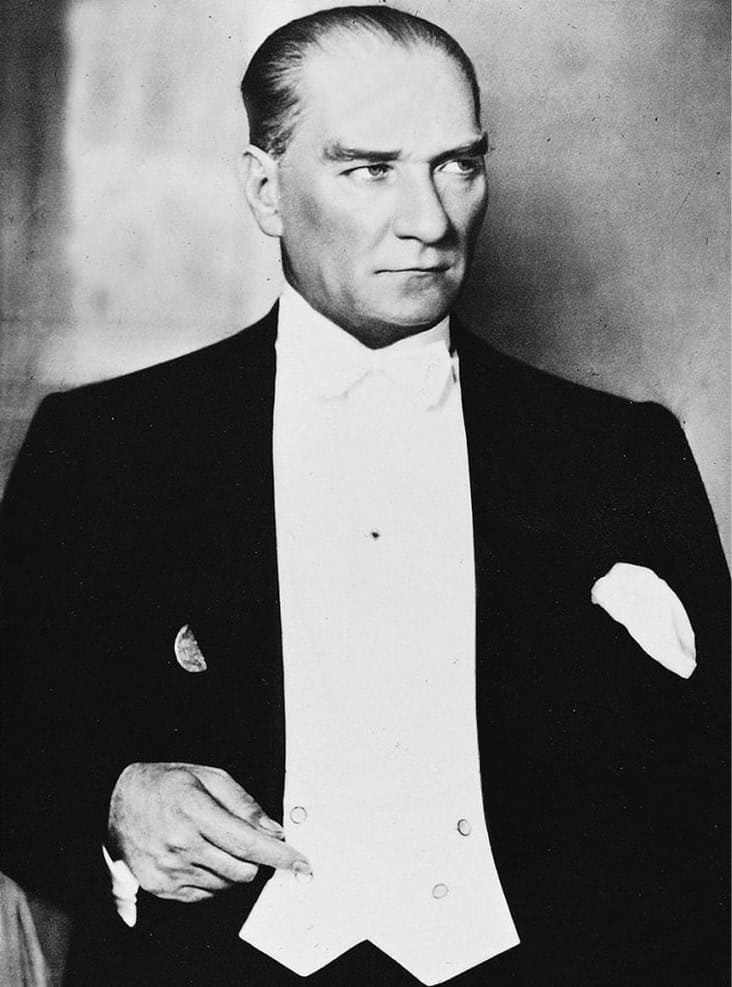
Mustafa Kemal Atatürk was the founder of modern Turkey, implementing sweeping reforms to modernize and secularize the nation. He was from Turkey and became its first president in 1923. Atatürk transformed Turkey into a secular nation-state, with groundbreaking reforms in education, law, and culture. His leadership ended the Ottoman Empire’s rule, and his legacy is celebrated annually on Republic Day in Turkey. Atatürk’s impact on Turkish society and his vision for a modern, secular state continue to be honored and respected.
Charles de Gaulle
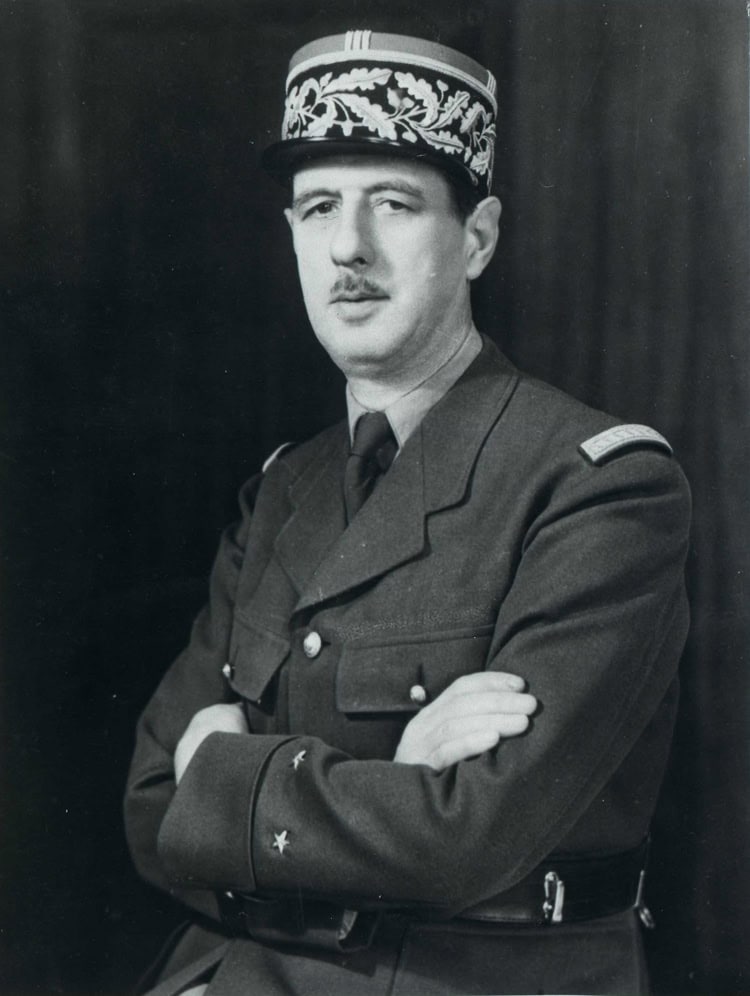
Charles de Gaulle was a French military leader and statesman who established the Fifth Republic and served as its first president. From France, he began his presidency in 1959. De Gaulle strengthened executive power and political stability in France, and he was a key figure in leading the French Resistance during World War II. His policies boosted France’s economy and international standing, and his influence remains strong in French politics. De Gaulle’s vision for a strong, independent France continues to shape the nation’s political landscape.
Ho Chi Minh
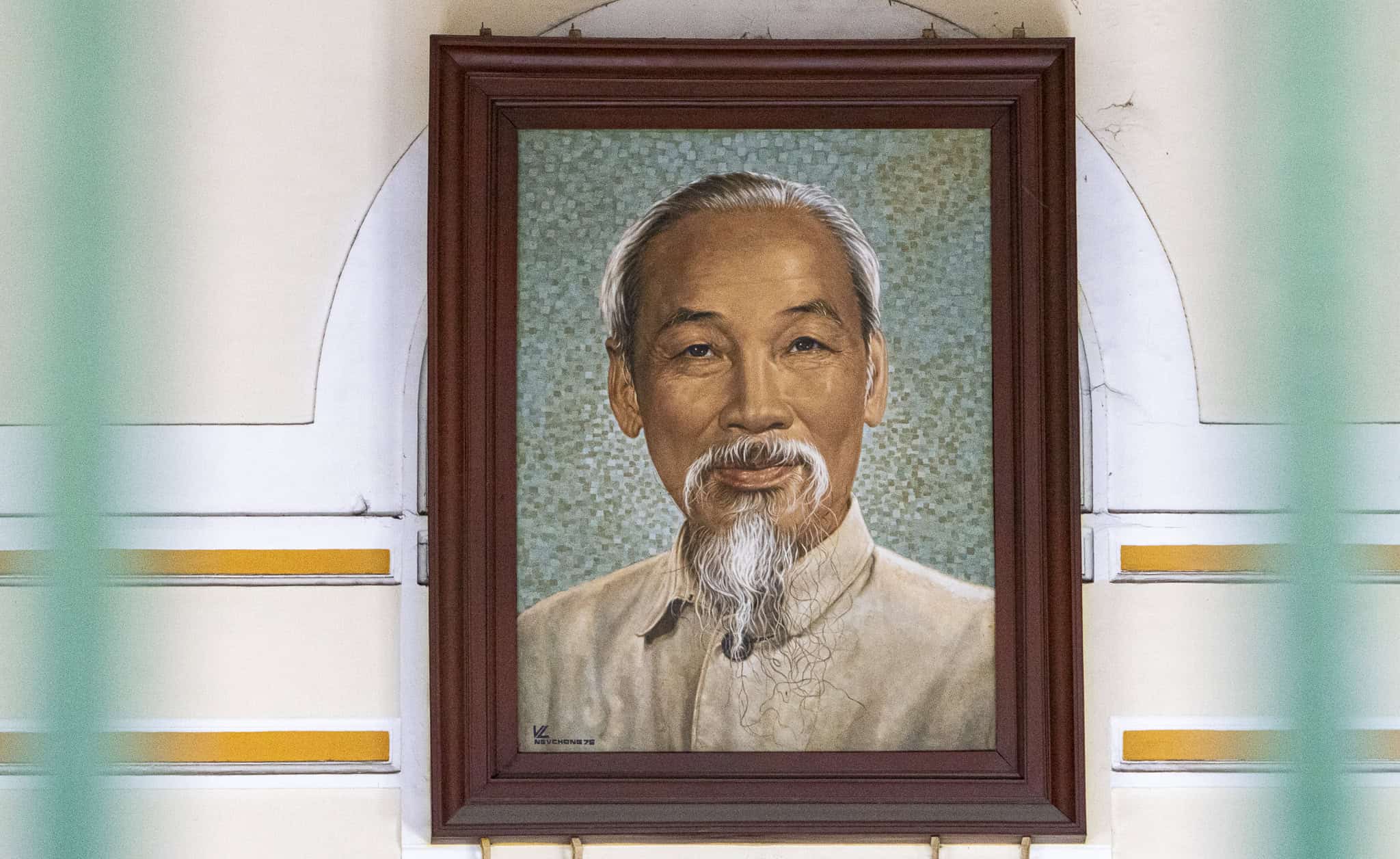
Ho Chi Minh was the revolutionary leader of North Vietnam, who fought for Vietnamese independence from colonial rule. He hailed from Vietnam and began his leadership of North Vietnam in 1945. Ho Chi Minh led the struggle against French and later American forces, significantly influencing global anti-colonial movements. He is revered as the father of modern Vietnam, and his legacy endures in Vietnamese history and culture. Ho Chi Minh’s leadership and his fight for independence have left a lasting impact on Vietnam and its people.
Fidel Castro
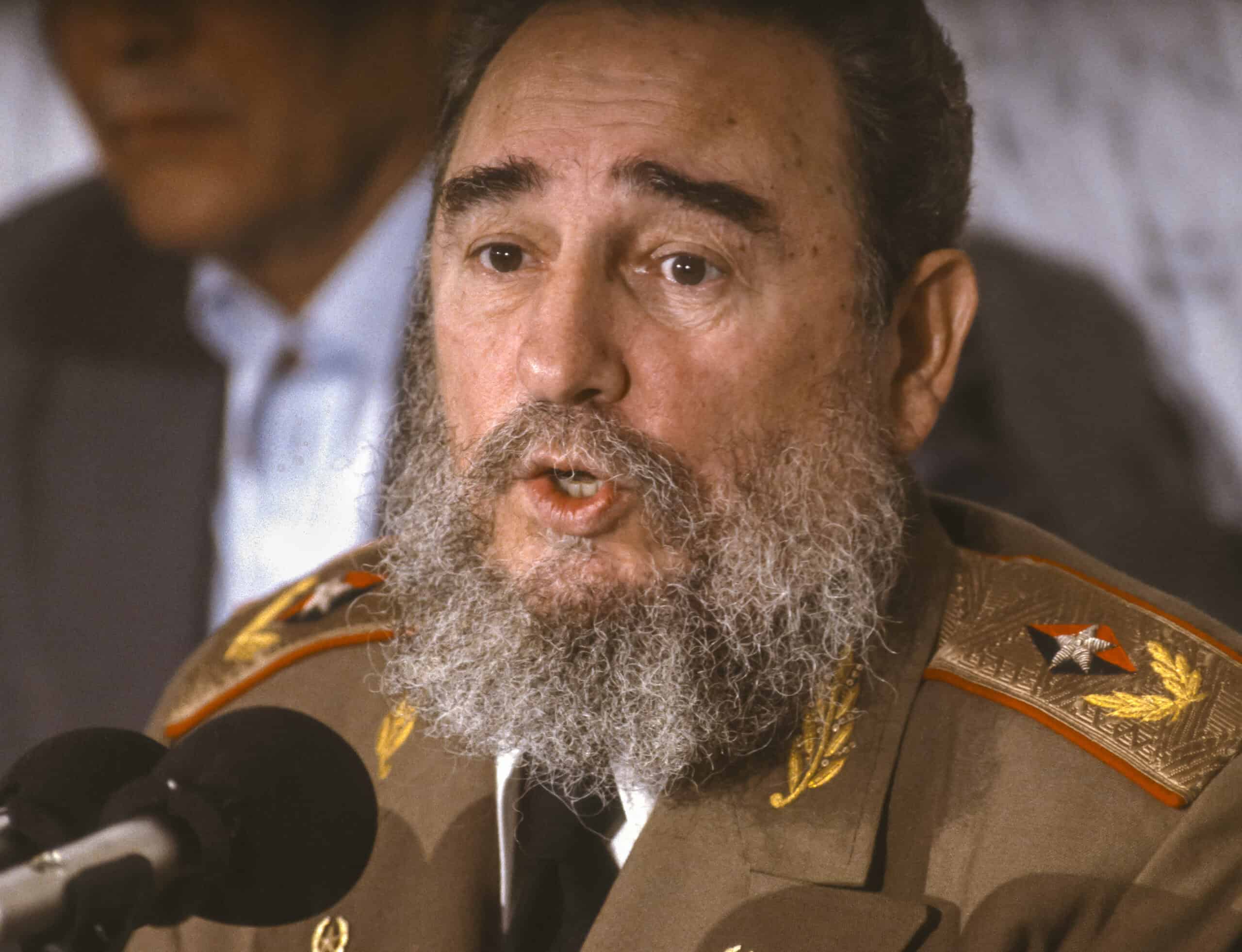
Fidel Castro, born in Cuba, was the Prime Minister and later President of Cuba. His term started in 1959 and lasted until 2008. Castro led the Cuban Revolution, overthrowing the Batista regime. His leadership transformed Cuba into a communist state. Castro’s influence extended beyond Cuba, impacting Latin American politics. He established close ties with the Soviet Union, intensifying Cold War tensions. Despite numerous assassination attempts, Castro remained a central figure in global politics for decades.
Jawaharlal Nehru
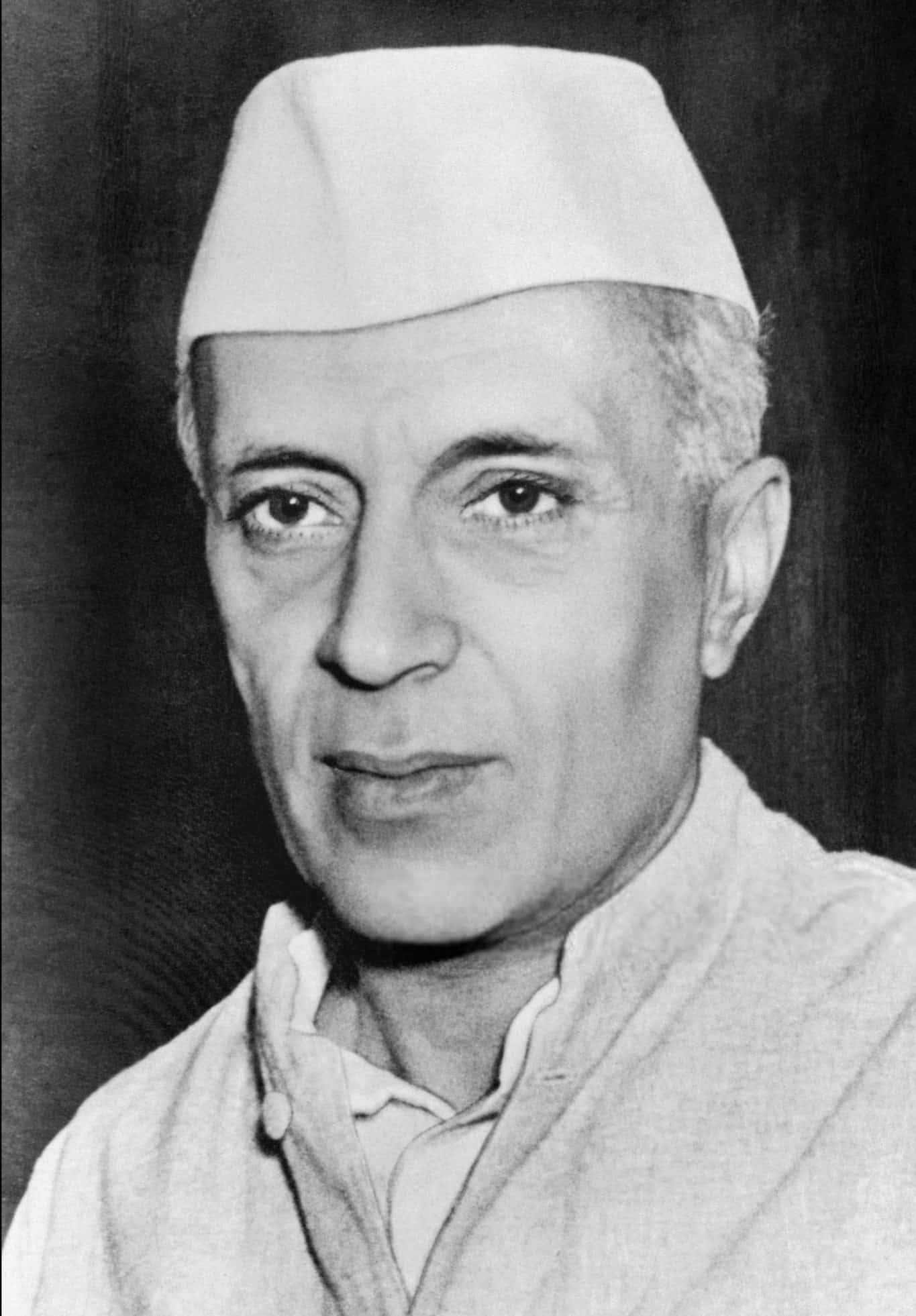
Jawaharlal Nehru, from India, was the first Prime Minister of independent India. He began his term in 1947, shortly after India gained independence. Nehru was a central figure in India’s struggle for freedom, working closely with Mahatma Gandhi. Under Nehru’s leadership, India adopted a secular and democratic constitution. He implemented significant social and economic reforms. His vision laid the foundation for modern India, promoting industrialization and scientific advancement.
David Ben-Gurion
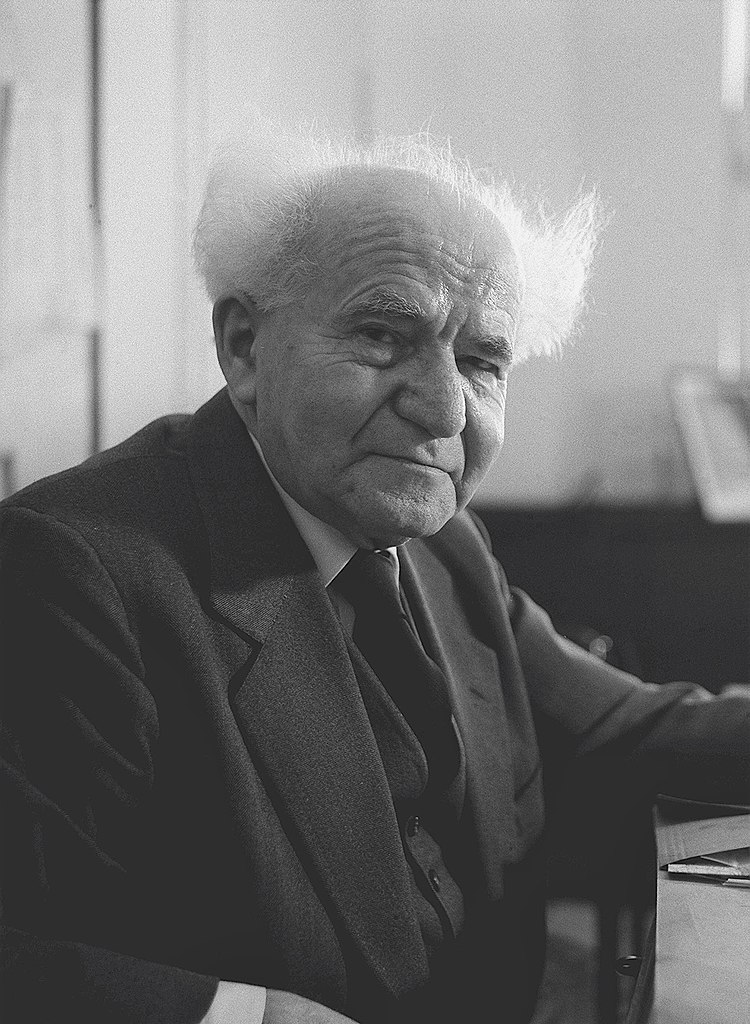
David Ben-Gurion, originating from Poland, became the primary founder and first Prime Minister of Israel. His term began in 1948, the year Israel declared independence. Ben-Gurion played a crucial role in establishing the state of Israel, guiding its early development. He focused on building strong military and political institutions. Ben-Gurion’s leadership was vital during the 1948 Arab-Israeli War. His efforts ensured the survival and growth of the young nation amidst regional conflicts.
Konrad Adenauer
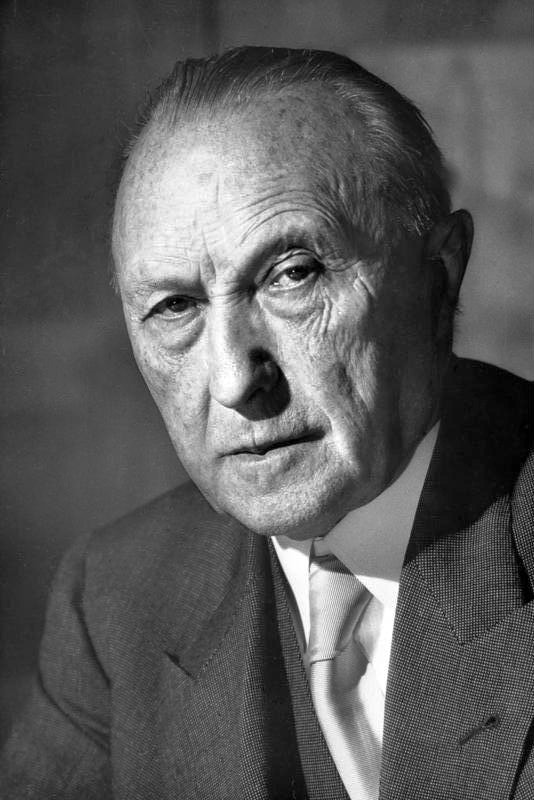
Konrad Adenauer, a German statesman, served as the first Chancellor of West Germany. His term started in 1949 and lasted until 1963. Adenauer was instrumental in post-World War II reconstruction, leading Germany’s recovery and economic miracle. He fostered close ties with Western Europe and the United States. Adenauer’s policies laid the groundwork for a stable and prosperous West Germany. His leadership helped restore Germany’s position in the international community.
Ayatollah Khomeini
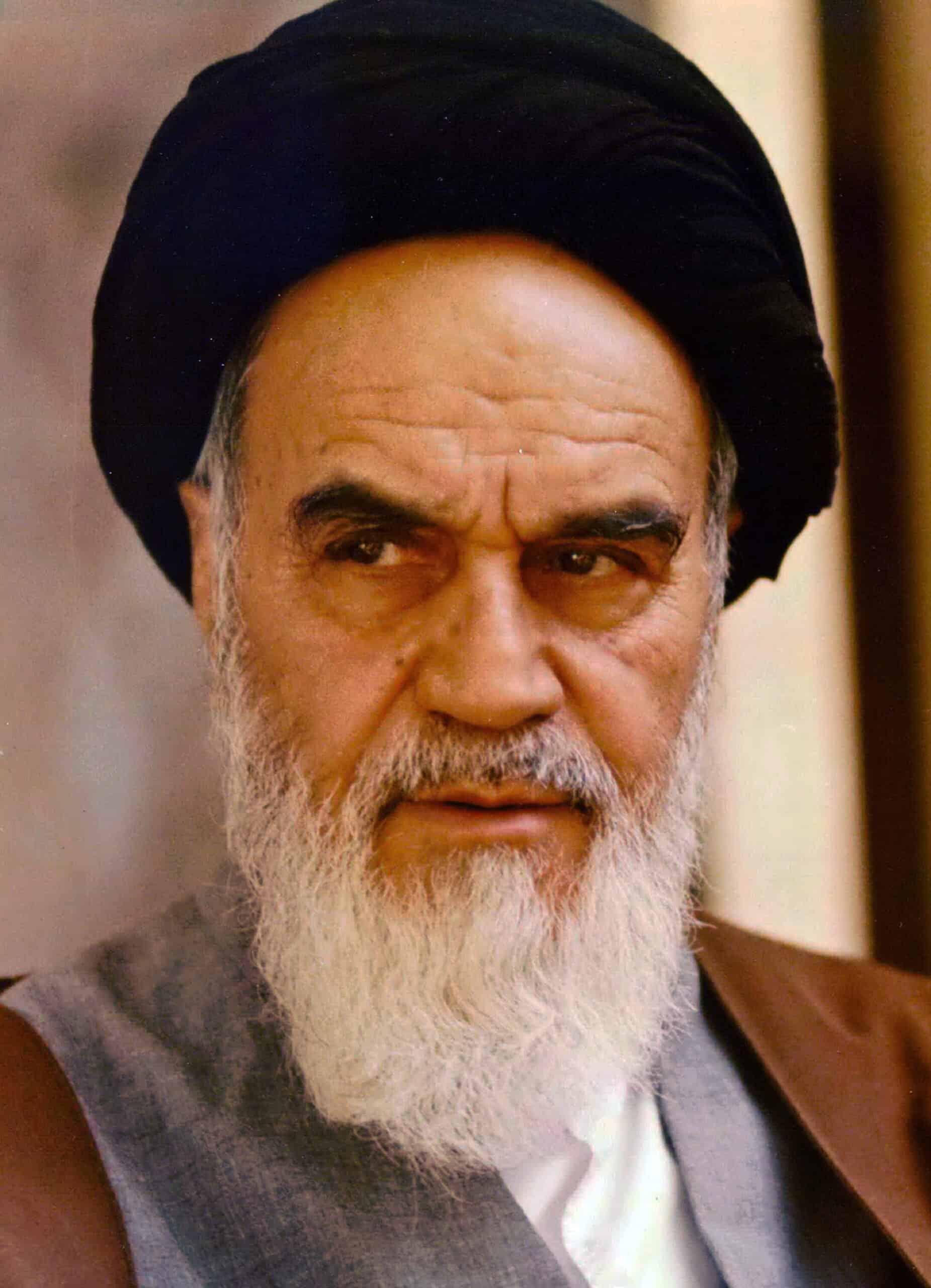
Ayatollah Khomeini, from Iran, was the Supreme Leader of Iran following the 1979 Islamic Revolution. His leadership began after the overthrow of the Shah. Khomeini established an Islamic Republic, fundamentally altering Iran’s political landscape. He emphasized the implementation of Islamic law and governance. Khomeini’s influence extended across the Middle East. His leadership marked a significant shift in regional dynamics, challenging Western influence.
Chiang Kai-shek
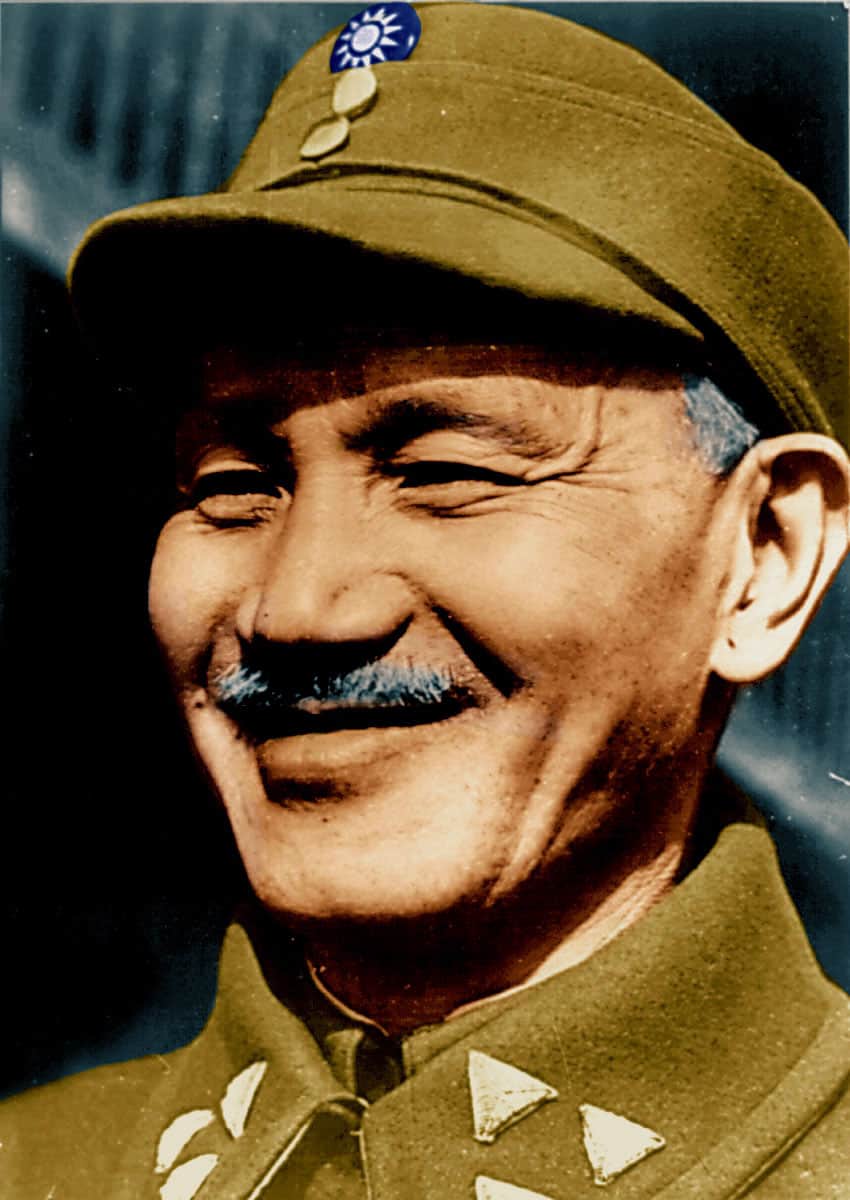
Chiang Kai-shek, born in China, was the leader of the Republic of China. His leadership began in 1928 and continued until his death in 1975. Chiang played a key role in the Second Sino-Japanese War and the Chinese Civil War. After losing to the communists, he retreated to Taiwan. There, he established a government-in-exile, continuing to claim legitimacy over all of China. His efforts laid the foundation for Taiwan’s development into a modern state.
This article originally appeared on Rarest.org.
More from Rarest.org
1986 Silver Eagle Dollar Value Guide
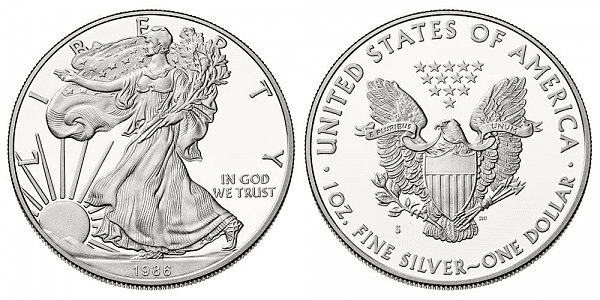
American Silver Eagles were first manufactured and offered for sale in 1986 following their approval on July 9, 1985, by the Liberty Coin Act (Public Law 99-61). Read More.
1962 Jefferson Nickel Value Guide

The 1962 Jefferson nickel is made of 75% copper and 25% nickel. Although, there was a time when nickel was made of 56% copper, 35% silver, and 9% manganese. Read More.
1963 Washington Quarter Value Guide

The 1964 Washington quarter is made of 90% silver (Ag) and 10% copper (Cu). Just two years later, the Washington quarter would become cupronickel, removing all its silver content. Read More.
